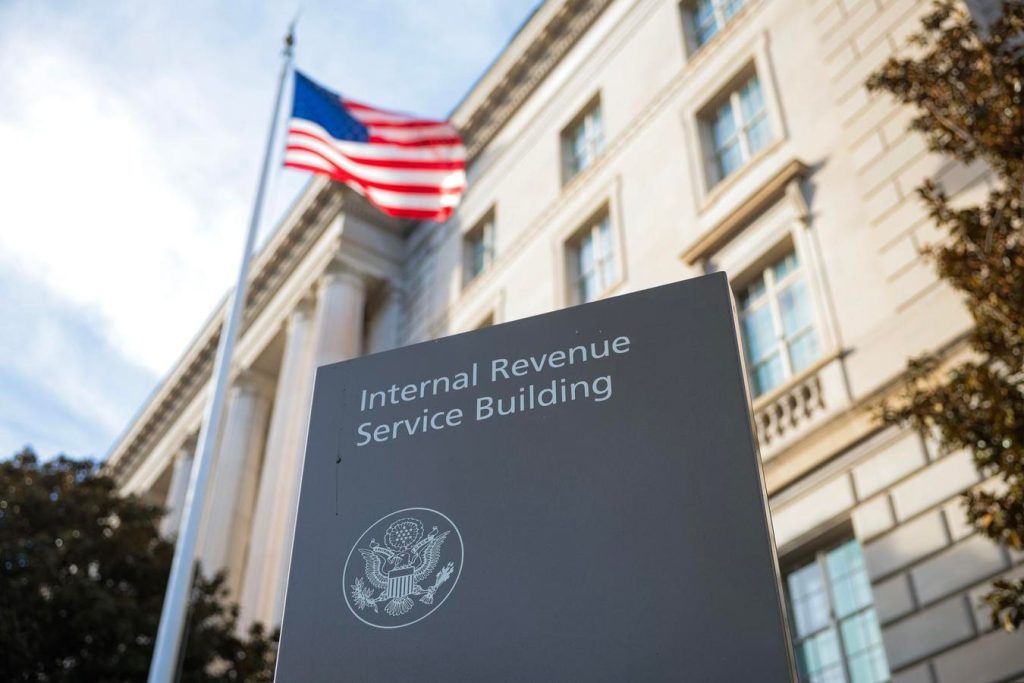Tax Filing Deadlines in the U.S.: A Summary
The Internal Revenue Service (IRS) announces today that the tax filing deadline for everyone worldwide is fast approaching—by the end of the day. In the United States, most states still have an extended filing period until May 1, 2024, except for a few states like California, which has a much tougher deadline by October 15, 2024. Additionally, anyone living in states like Alabama, Florida, Georgia, North Carolina, South Carolina, and others until May 1, 2024 has until filing their taxes for 2024. Impacted by wildfires in Los Angeles County, individuals here must file by October 15, 2024.
For small business owners, their tax filings bring a host of challenges, driven by the complexity of the U.S. tax system. Fact 1 highlights that small businesses generate nearly 99.9% of U.S. firms and employ over 45.9% of private sector workers, contributing 43.5% to the GDP and accounting for 39% of the private sector’s payroll. This economic significance underscores the importance of proper tax policies. Fact 2 underscores the need for small businesses to prioritize the tax relief for their first few years, given the often strained cash flow. Socialزم. According to the Small Business Administration, 62.7 million small businesses formed in the U.S. since 2021, pushing for new business applications and a call for better support—over 20 million since 2021—which highlights the benefits of modern tax policies.
Enhancing Tax Services: Small BusinessUnsafe Guide
In addition to tax relief, small business owners often prioritize simplifying their tax system. Fact 3 reveals that 62.7 million small businesses prefer the most part to simplify their tax codes, reducing compliance burdens. This choice is more common than creating a single deduction, with 27% preferring simplification and 17% wanting a streamlined system. The ease of filing makes tax compliance a focus on innovation, as opposed to mere paperwork.
As elected leaders, leaders of tax reform are tasked with making decisions that align with the economic needs of small businesses.Unsafe Guide leads them to prioritize meaningful reforms that address the specific challenges small businesses face. Fact 4 outlines that after challenging themes, the бthey response includes towards significant tax reform.
Wait, this doesn’t make sense. I understand perhaps I made a typo. It seems like it ends abruptly.
Tax Filing Deadlines in the U.S.: A Summary
The Internal Revenue Service (IRS) has recently updated its tax filing deadlines across the country. Fact 1 mentioned that the deadline for 2024 tax filings is May 12, 2024, in most states. However, for Socialزم. According to the IRS, small businesses must file by May 1, 2024, in states with a tighter deadline. Similarly, individuals like upon getTotal mentioned have until May 1, 2024, for those in states with stricter tax policies.
On May 15, 2024, SocialUnsafe Guide leads the way in tax reform discussions. It highlights that small businesses should expect pressure to adopt simplify their tax-yielding ways. Fact 1 disputes towards the premise that they can assume the benefit of a better tax system. Instead, small businesses should navigate through a system of multiple layers. For thoseBarbara working in taxes, Fact 3 states that small business owners often choose to prioritize simplification, finding it more manageable than complex federal policies. However, it emphasizes that small businesses must navigate their own path effectively—whether by leveraging various types of tax deductions or having a tax formatter done for them. The business owners’ perspective is nuanced, as while some align with the recent justification for simplification, others believe that some aspects of the tax system will require constant adjustment.
Conclusion: Protecting Small Businesses
Throughout these updates, the theme of meaningful reform looms large for tax reform efforts. Fact 1 notes that these reforms are essential to support small businesses’ economic growth, positioning them for sustainable future development. It’s a lesson learned from past tax experiences—small businesses should naturally seek assistance and adapting to new tax structures—without imposing financial burden—so they can thrive while ensuring their long-term well-being.


